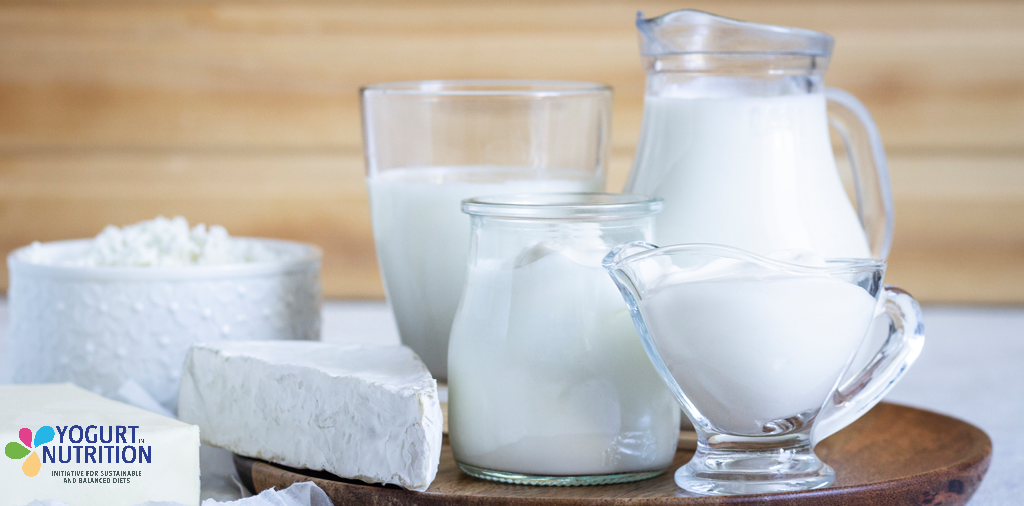Dairy foods are a treasure-trove of nutrients, they contribute to the healthy functioning of our body, and may even hold the key to help tackle some of the world’s most challenging diseases, say the authors of this global review.
That’s why the authors are calling for food-based dietary guidelines (FBDGs) around the world to shine a brighter spotlight on dairy products and the contribution they can make to sustainable healthy diets.
The FBDGs provide people with guidance on the foods they should be eating to stay healthy, but they can also play a role in supporting global sustainability goals, say the authors.
What FBDGs say about dairy foods
The authors examined FBDGs of 94 countries and found that over 70% of them contained nutrient/health-based messaging on dairy foods. This messaging tends to focus on basic information such as types of dairy foods, serving sizes and how often they should be consumed, but there is lots more that people should know, say the authors.
Consuming dairy foods is good for our bones, teeth, heart, glucose metabolism, gut and immune system. Dairy foods contain protein and a raft of vitamins and minerals. However, most nutrient-based dairy messaging in FBDGs is about calcium, whereas other dairy nutrients such as vitamins A and zinc, which are consistently under-consumed worldwide, are rarely mentioned.
Less well-known benefits of dairy foods
In recent years, several other nutrients have been identified as being important for health (eg, choline, taurine, lactoferrin, ‘friendly’ bacteria [probiotics], milk-fat globule membrane). Higher levels of these nutrients are found in dairy foods than in any other food group. Beyond nutrients, fermented dairy products such as yogurt and kefir often contain probiotics and these have been linked to benefits for oral and gut health and the immune system.
Because of concerns about obesity, most FBDGs continue to recommend low-fat/fat-free dairy products despite growing research shows that dairy fats are linked to neutral or beneficial effects on health, say the authors.
Milk and dairy products contain a lot of water and minerals and can be really useful sources of hydration in countries with limited access to clean drinking water.
FBDGs should recognize dairy’s contributions to sustainable healthy diets
Experts say that dairy foods should be included in sustainable healthy diets for nutritional, social and economic reasons. But others are concerned about the impact of animal agriculture on the environment. It’s worth remembering that dairy cows are estimated to contribute only about 2.5% to global greenhouse gas emissions (GHGEs).
What’s more, the authors say, agricultural GHGEs come from constantly recycled carbon that is already in the atmosphere. These GHGEs contribute much less to global warming than GHGEs from the burning of fossil fuels where ‘new’ carbon that was buried underground is released into the atmosphere.
Current FBDGs do not adequately capture dairy’s contributions to sustainable healthy diets. The focus needs to shift from individual nutrients to the wealth of health benefits that dairy foods offer, say the authors.
“… dairy foods offer an unmatched package of essential and bioavailable nutrients, numerous functional properties (e.g., probiotics, immunoglobulins, bioactive peptides), and the ability to reduce key risk factors for some of the world’s most common and deadly diseases (e.g., micronutrient deficiencies and cardiometabolic diseases [e.g., heart disease and diabetes]).’ – Comerford, 2021.



